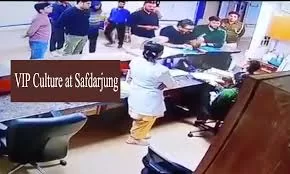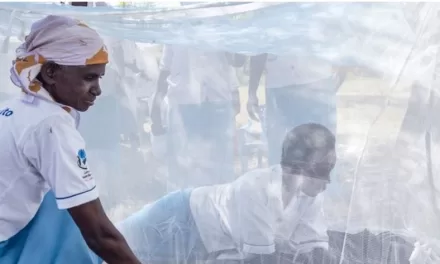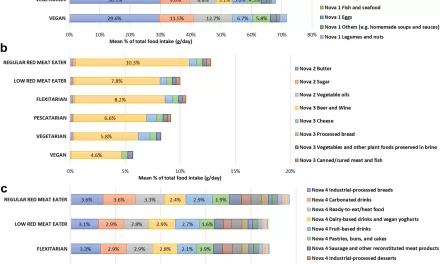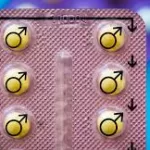New Delhi: A verbal altercation at VMMC & Safdarjung Hospital has sparked outrage after an Indian Police Service (IPS) officer allegedly harassed and disrespected a postgraduate (PG) resident doctor on November 24. Dr. Lakshya Rajat, the PG resident involved, has demanded a public apology, highlighting the disrespectful and intimidating behavior by the officer, identified as Bijendra Kumar Yadav.
The incident reportedly occurred during a disagreement over treatment procedures for the officer’s wife, Anita Roy. Dr. Rajat claimed that Yadav refused to sign an informed consent form, a critical document that outlines the risks and complications of medical procedures. Dissatisfied with the treatment, the officer allegedly resorted to verbal abuse.
“He disrespected me publicly. All I demand is an apology,” Dr. Rajat told EdexLive. “It is very embarrassing to see a person from an inspiring profession behave like that.”
Threats and Intimidation
Dr. Rajat described feeling frightened during the encounter. “What if he had physically assaulted me? The repercussions would have been disastrous,” he said, noting the officer’s threats to have him removed from his department. Despite the trauma, Dr. Rajat resumed his duties the next day.
“With hardly over four hours of sleep daily, we work relentlessly in hospitals. Despite our hard work and years of academic pursuit, we are subjected to such unacceptable incidents,” he lamented, questioning how such behavior from individuals in positions of authority impacts the morale of aspiring doctors.
Resident Doctors Protest
The incident prompted a brief suspension of duties by resident doctors that night, drawing attention to the harassment faced by medical professionals. In response, the Resident Doctors Association (RDA) issued a letter on November 25 with two key demands:
- Accountability for the incident to prevent future occurrences.
- Measures to ensure the safety and respect of healthcare professionals in hospital premises.
The RDA was joined by other medical organizations, including the Federation of All India Medical Association (FAIMA), Federation of Resident Doctors’ Association (FORDA), United Doctors Front Association (UDFA), and Indian Medical Association (IMA), in demanding a public apology from the IPS officer.
Call for Legislative Action
Medical associations have reiterated their demand for the implementation of the Central Protection Act to safeguard doctors against such incidents.
The complaint has yet to be formally filed, leaving questions about administrative accountability. Dr. Rajat stressed the importance of addressing such behavior: “If personnel of higher designations behave disgracefully, who will want to become a doctor?”
The incident has reignited conversations about the need for better protections for healthcare professionals, who continue to work under immense pressure, risking not only burnout but also personal safety.











